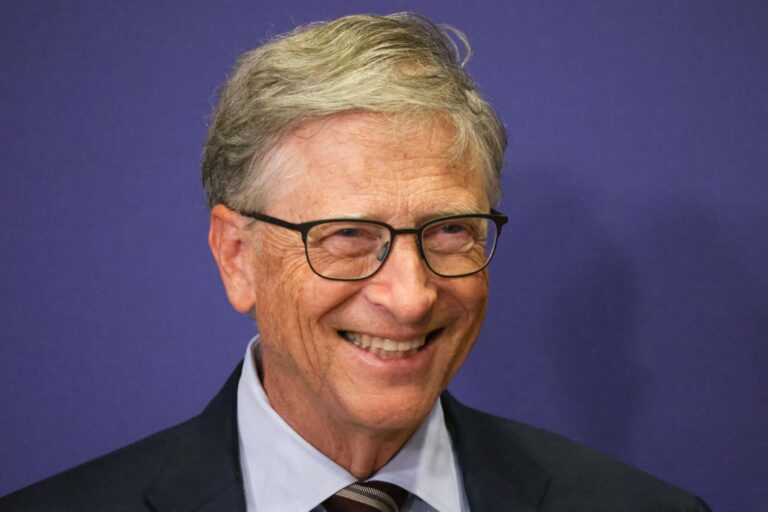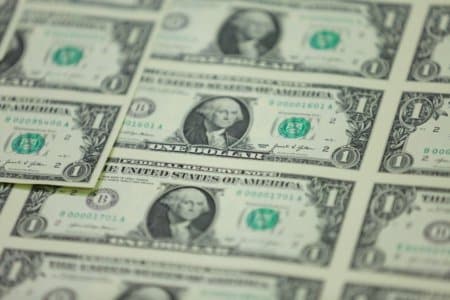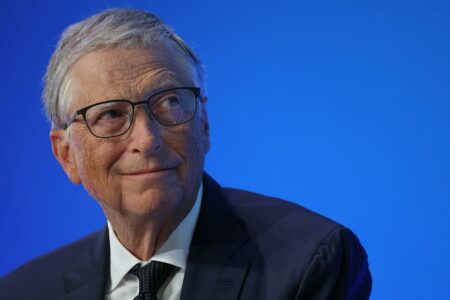
Money buys happiness — a statement that many love to contradict, saying that happiness comes from within and cannot be a materialistic item. Recent research suggests otherwise.
Previous research by psychologist Daniel Kahneman and economist Angus Deaton from Princeton University initially found that day-to-day happiness rose as annual income increased.
But above US$75,000 (US$108,000 in today’s dollars), this happiness eventually plateaued off.
Kahneman and Deaton reanalysed their initial paper in 2023 and concluded that this number rose significantly to at least US$500,000 a year before unhappiness spiked.
However, recent research by Penn’s Wharton School senior fellow and happiness researcher Matthew A. Killingsworth has shown that millionaires and billionaires are “substantially and statistically significantly happier” than even those making over US$500,000 a year.
He collected this data via a self-created app called “Track Your Happiness,” where it would ping participants several times a day to ask a variety of questions.
Killingsworth drew his conclusion by taking an average of a participant’s happiness and income and linking the two variables.
“In the simplest terms, this suggests that for most people, larger incomes are associated with greater happiness,” says Killingsworth.
“The exception is people who are financially well-off but unhappy. For instance, if you’re rich and miserable, more money won’t help. For everyone else, more money was associated with higher happiness to somewhat varying degrees.”
To produce a more satisfactory conclusion, Kahneman and Killingsworth teamed up with Penn Integrates Knowledge professor Barbara Mellers.
The trio focused on a new hypothesis involving a happy majority and an unhappy minority – for the former, happiness would keep rising as more money came in, while the latter’s happiness would only go up to a certain income threshold.
According to Killingsworth, these findings have real-world implications. Employers must consider tax rates and employee compensation, while job-seekers must navigate career choices and life priorities more carefully.

Millionaires and billionaires are “substantially and statistically significantly happier” than those making over US$500,000 a year, finds new research confirming money buys happiness.
There is also inflation to consider – a statistic about the global inflation rate estimated 2023 to have reached 6.9%, the highest annual increase since 1996.
There is no doubt that these factors weigh heavily on today’s students. To Gen Z-ers and Gen Alphas from average-income households, a ultra-high-salaried career may be the only way to be happy and debt-free.
As a result, many students pick their college major or career based on how much they can make.
“It remains possible that some threshold exists beyond which more money is no longer associated with greater happiness. But if one does exist, these results suggest that it is considerably higher than incomes of hundreds of thousands of dollars per year,” Killingsworth concluded.
Their findings are similar to what a team of Swedish researchers found in 2018.
They surveyed thousands of lottery winners who said they were “substantially more satisfied with their lives” compared to those who did not win.
And those who won hundreds of thousands of dollars? They were more satisfied that those who got tens of thousands.
And it gets better. This satisfaction lasted up to two decades after winning the lottery.
The researchers wrote “large-prize winners experience sustained increases in overall life satisfaction that
persist for over a decade and show no evidence of dissipating over time.”

Money buys happiness, especially if you’re Swedish and win the lottery. Source: AFP
Money buys happiness — if you know how to spend it
Another study suggests that rather than focusing on the amount of money, it’s about spending it right.
Buying more experiences rather than material goods, for example, would boost one’s happiness. Other suggestions included doing away with extended warranties and overpriced insurance, being wary of comparison shopping, and more.
Money is an opportunity for happiness, but it is an opportunity that people routinely squander because the things they think will make them happy often don’t.
It aligns with Killingsworth’s conclusion — that money is just one of the many determinants of happiness, but it is not the secret behind it.










